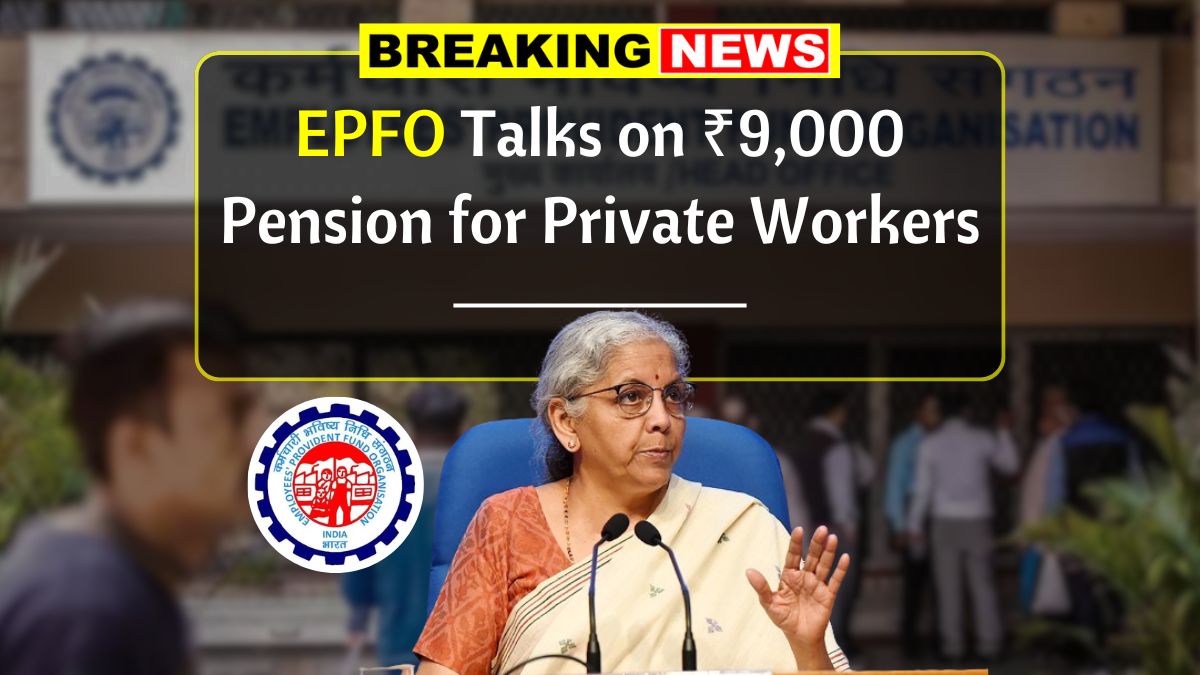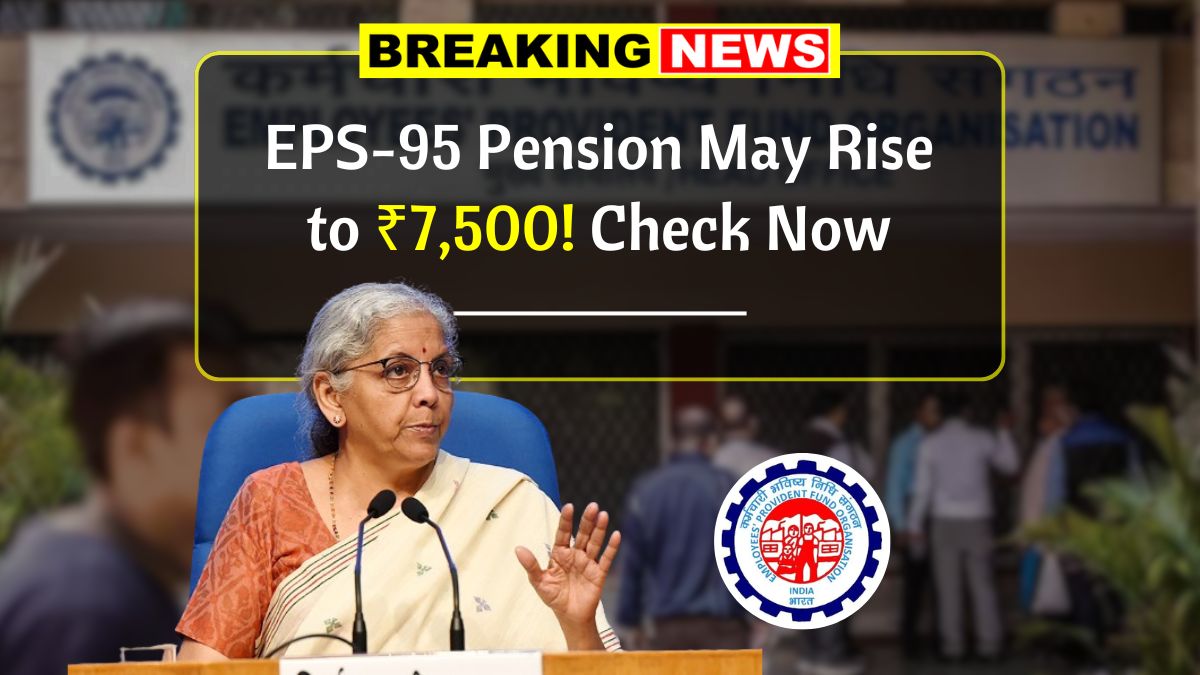Retirement Age – There’s some big news for lakhs of central government employees—the retirement age is going up! Yes, the Government of India has decided to extend the retirement age, and this decision could change the way we look at public sector jobs.
Let’s break it down and see what this really means for the employees, the government, and even the economy.
Why Extending Retirement Age is a Big Deal
For government employees, this change is more than just a few extra working years. It comes with some serious benefits:
- More Financial Security: Longer service means more time to contribute to your pension, which equals better retirement benefits.
- Continued Purpose: Many employees love their work and aren’t ready to hang up their boots at 60. Now they can keep going a little longer.
- More Career Growth: Extra years give employees time to mentor juniors, learn new skills, or even reach higher positions.
- Better Healthcare Access: Staying employed ensures continued access to government-supported health plans.
- Social Benefits: Work also means staying connected, active, and mentally engaged.
How It Helps the Government and the Economy
The government’s decision isn’t just about benefiting employees—it also serves a bigger picture:
- Institutional Experience: Older employees bring wisdom, efficiency, and historical knowledge that can’t be replaced overnight.
- Lower Hiring Costs: Less turnover = less money spent on hiring and training.
- Economic Stability: More working years mean more spending, more taxes, and more economic activity.
- Balanced Workforce: A blend of experienced and younger employees can boost productivity if managed right.
- Postponed Pension Load: The government gets some breathing room by delaying massive pension payouts.
How Does India Compare Globally?
India isn’t the only country rethinking retirement. Here’s how we stack up:
- India: Now heading towards 62 or more for retirement age.
- USA & UK: Around 66–67 depending on year of birth.
- Germany, Australia, Japan: Already at 65–67 and climbing due to longer life expectancy.
- China: Currently at 60, but they’re also considering extending it.
So, India’s move is aligned with global workforce trends, especially as people are living healthier, longer lives.
Challenges That Need Attention
Let’s be honest—extending retirement age isn’t all sunshine. It comes with its own set of issues:
- Youth Employment: Fewer retirements could mean fewer vacancies for younger job seekers.
- Age & Productivity: Older employees might face health or energy issues. Proper support is crucial.
- Implementation: Not all departments may adopt the changes smoothly.
- Public Opinion: Not everyone may be thrilled about older folks sticking around longer.
Making It Work for Everyone
To make this policy really successful, the government might need to add a few extra things:
- Health Programs: Regular check-ups, mental health support, and wellness initiatives for older staff.
- Flexible Roles: Option to work part-time or take consulting roles post-retirement.
- Youth Opportunities: Simultaneously boost internships and apprenticeships for the younger crowd.
- Training: Upskill both young and older employees to close the digital and technical gap.
- Transparent Feedback Loops: Let employees share what’s working and what’s not.
What’s Next?
This move could be the start of bigger things. As India continues to adapt, we might see:
- Further tweaking of retirement rules based on different job roles.
- Tech tools and hybrid roles to support an aging workforce.
- Smarter workforce planning that keeps both seniors and juniors happy.
Final Thoughts
Increasing the retirement age is a smart step—not just for older employees, but for the whole system. It supports economic growth, retains experience, and promotes stability. But like every policy, its success will depend on how well it’s implemented.
So whether you’re close to retirement or just starting your career, keep an eye on how these changes shape the future of government jobs in India.
Disclaimer: This article is meant for general awareness and may not reflect the final or specific implementation details. For official notifications, always refer to updates from the Ministry of Personnel, Public Grievances and Pensions or your department’s HR wing.













